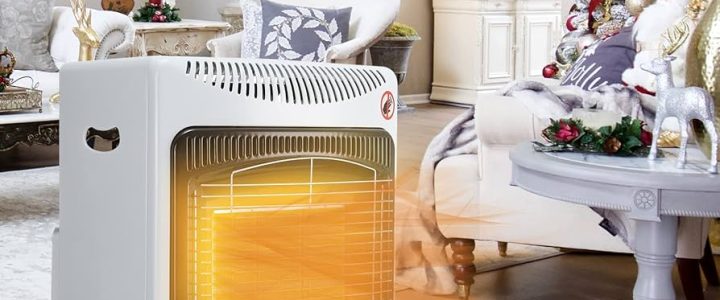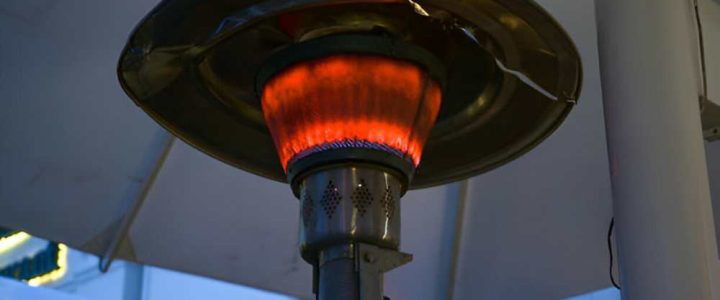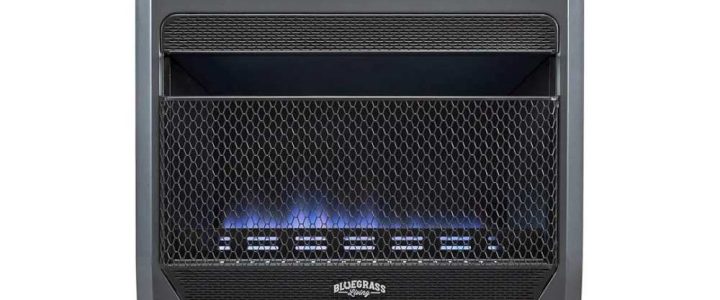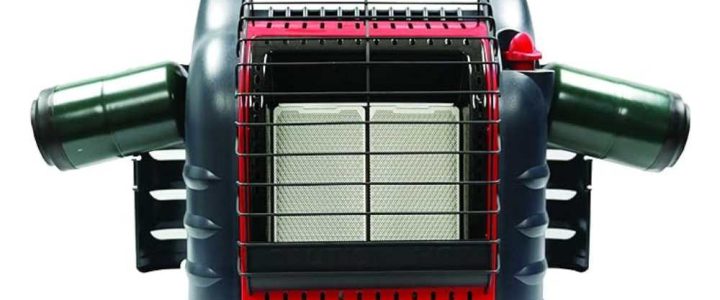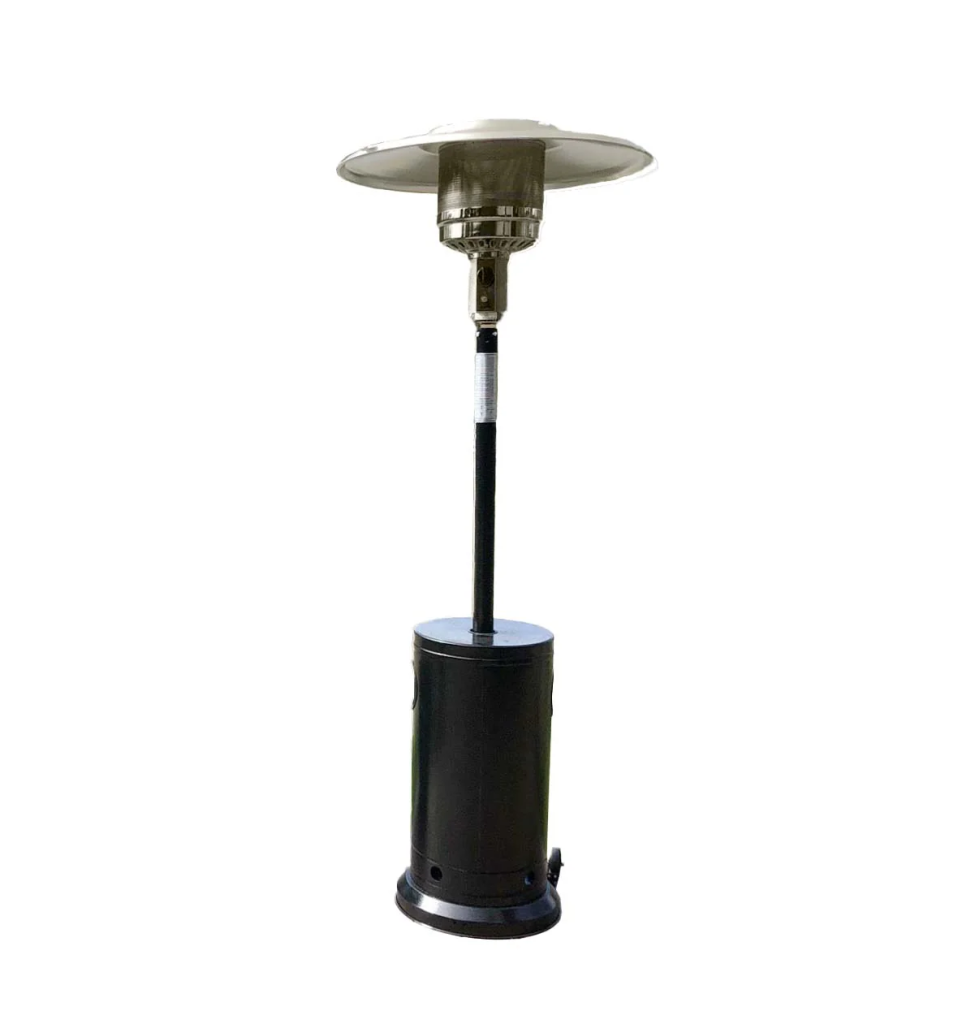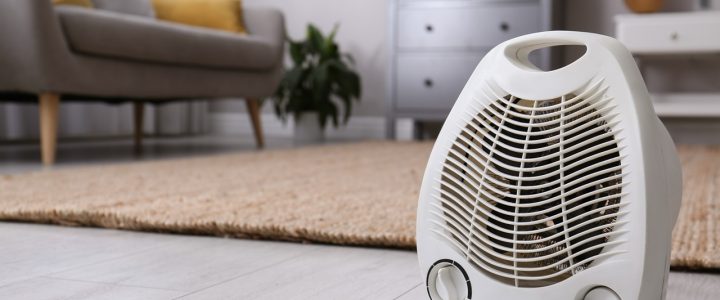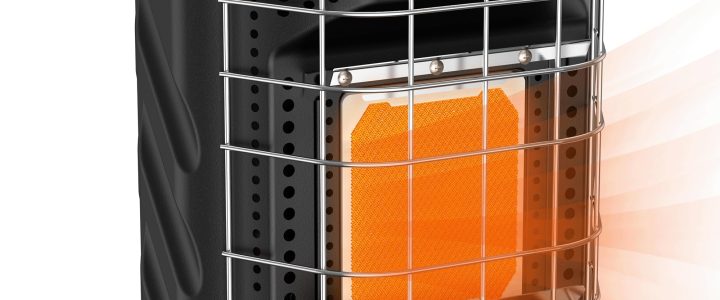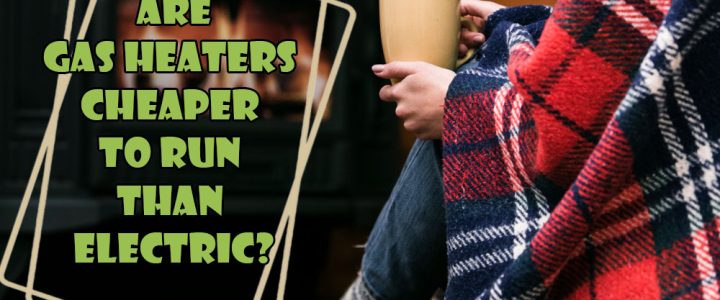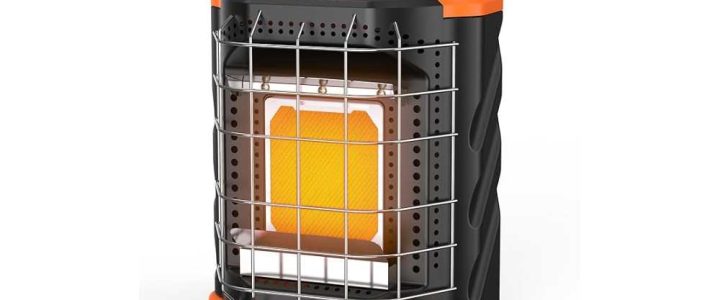Do you want to feature a portable gas heater in your room to hold a warm and comfortable environment? If so, you have arrived at the suitable area. We’ll look at the inner components of transportable fuel heaters in this academic that will help you understand how they operate. By the time you finish, you will understand how these gadgets work and what key factors to consider before making a purchase. This post gives you all the information you need to choose the perfect portable gas heater, whether you are preparing for an outdoor birthday party or simply looking for a reliable backup heating solution.
The Basics of Portable Gas Heaters
The basic idea behind portable gas heaters is burning gas to generate heat. Despite the process’s seeming complexity, it is really simple. The essential elements and how they keep you warm are broken out here.
The Burner Unit
The burner unit is the main component of these heaters. This is the point of magic. Gas (often butane or propane) flows into the burner from the tank when the heater is turned on. Controlling the gas flow from the tank to the burner is a critical regulator device. The regulator makes sure the heater receives the proper gas flow to sustain a constant flame and reliable heat output.
The Ignition Process
Once the burner receives the gas, the next step is ignition. Most portable gas heaters are equipped with a device called a pilot light or an electronic ignition system. The pilot light ignites the gas, creating a steady, larger flame within the burner. A spark generated by a small battery-operated device lights the gas in heaters with electronic ignition.
Heat Generation
As the gas burns, it releases heat energy. This energy warms up a unique component called a heat exchanger, typically a metal grid or coil. Think of it like a hot plate on a stove. It gets nice and warm, transferring heat to the air around it.
Air Circulation
The warm air generated doesn’t just sit there; it must be distributed to heat the space effectively. Inside the heater, a fan or blower often kicks into action, gently blowing the warm air out into your room. This circulation mechanism ensures the heat is evenly distributed, providing a toasty feeling on chilly nights.
Off-Grid Operation
One of the significant advantages of portable gas heaters is their ability to operate independently of electricity. This means that aside from the fan (if the heater has one), you can keep cozy even during power outages, making these heaters ideal for portable gas heaters in emergencies, outdoor activities, and locations without a reliable power supply.
Important Features of Portable Gas Heater You Should Consider
There are a number of characteristics and considerations to make sure you choose the ideal portable gas heater for your requirements when making your choice.
Adjustable Settings
Many gas heaters feature adjustable settings, allowing you to great-track your desired temperature. These controls can help you customize your comfort stage readily, whether you seek a gentle, warm temperature or excessive warmth. Adjustable settings can also assist you in manipulating fuel consumption correctly.
Safety Features
Portable gasoline warmers frequently come with protection capabilities to give you peace of mind. Things like oxygen depletion sensors (ODS) that automatically. Furthermore, the heater can be shut off if oxygen degrees get too low, or tip-over switches can be used to turn off the heater if it gets knocked over.
Ventilation for Portable Gas Heater
Proper ventilation is crucial when using a gas heater. While these heaters are designed to be safe, ensuring adequate airflow in the room helps prevent the buildup of carbon monoxide. This colorless, odorless fuel can be dangerous if levels become too excessive. Always use fuel heaters in nicely ventilated regions, and do not forget to put in a carbon monoxide detector for added safety.
Choosing the Right Portable Gas Heater
The ideal portable gas heater for you will depend on your demands and the location in which it will be used. Here are some things to think about:
Heating Capacity
The heating potential of a fuel heater is measured in British Thermal Units (BTUs). The higher the BTU score, the greater the warmth the heater can produce. Consider the size of the vicinity you want to heat while selecting a heater. Moreover, for large outside spaces, a heater with a higher BTU score might be more powerful.
Portability
If you plan to move the heater regularly, choose a lightweight model with integrated handles or wheels. This makes it easier to transport the heater from one region to another, whether or not it is for camping trips, tailgating, or moving around your own home.
Fuel Type and Availability of Portable Gas Heater
Most portable gas heaters use propane. However, some fashion companies can also use butane or natural gas. Moreover, propane is broadly available and clean to store, making it a handy desire for most customers. Moreover, ensure that you have a dependable gas source, and do not forget the availability of refills in your region.
Durability and Build Quality of Portable Gas Heater
Look for warmers crafted from excellent substances that can withstand outdoor situations. Further, stainless metal and coated metals are suitable alternatives for sturdiness and rust resistance. A properly constructed heater will close longer and provide better performance through the years.
Conclusion
Portable Gas Heaters are a fantastic solution for maintaining heat in many situations. Moreover, by expertise in how they paint and thinking about essential features like adjustable settings, safety features, ventilation, and renovation, you can make a knowledgeable selection and pick out the exceptional heater to your wishes. Whether you are preparing for an iciness climate, gearing up for a camping experience, or seeking out a dependable backup heating choice, the workings of transportable fuel warmers can be a reliable partner. Further, prioritize protection and everyday protection to ensure your heater stays in a pinnacle situation, offering warmth and luxury anyplace you move.
